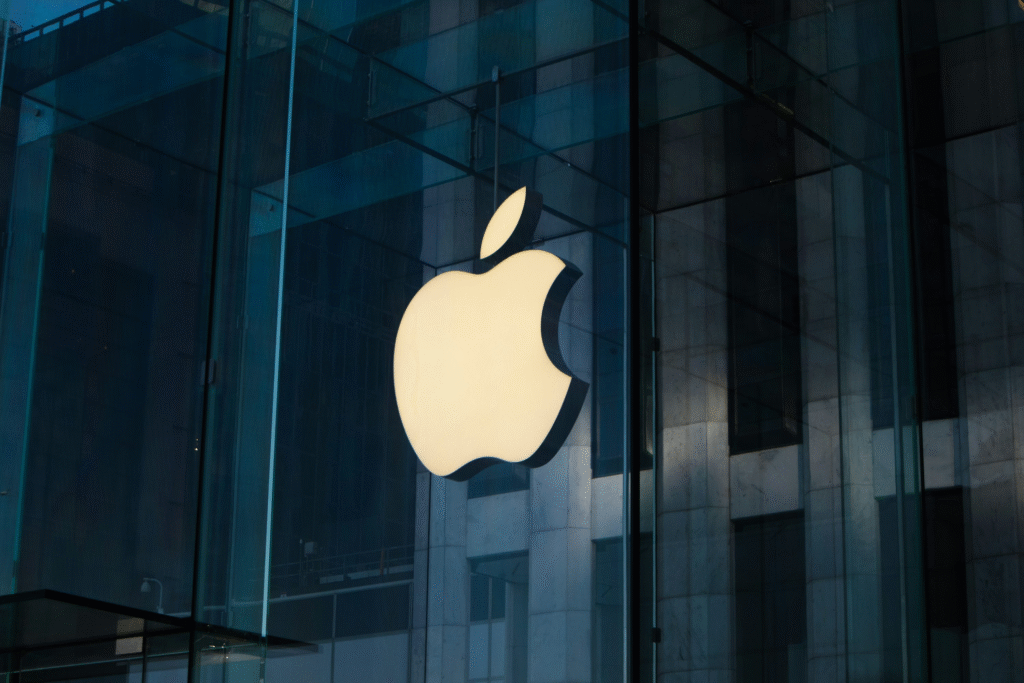Apple’s CEO, Tim Cook, has once again shown his confidence in China, promising to increase the company’s investment in the country even as tensions between the United States and China continue to grow. On Wednesday, during his visit to Beijing, Cook met with China’s industry minister, Li Lecheng, and assured him that Apple will continue to invest and expand its presence in the Chinese market. The meeting came at a sensitive time when many American companies are being cautious about their ties with China due to the ongoing trade war and political disagreements between the two biggest economies in the world.
Tim Cook’s pledge shows Apple’s determination to maintain balance between its American roots and its deep connections with China. The company’s success has always been linked to the country, which serves as Apple’s main manufacturing base and a major market for its products. According to a Chinese government summary of the meeting, Cook told Li Lecheng that Apple would continue to invest in China, though no specific details were shared about the size or timeline of these investments. Apple itself did not issue an immediate public comment about the meeting.
For years, Apple has managed to stay mostly untouched by the harsh effects of the trade war that has caused trouble for several other U.S. tech firms. While companies such as Nvidia and Qualcomm have faced investigations and restrictions in China, Apple has managed to maintain a stable relationship with both sides. This has not been an easy task, considering that Washington has imposed strict sanctions on major Chinese tech firms like Huawei. Cook has had to walk a fine line — showing support for American manufacturing on one hand while ensuring Apple remains a trusted and valued partner in China on the other.

A Shanghai-based government affairs consultant explained that many U.S. companies are now very careful about how they deal with China. They worry that appearing too friendly toward Beijing could upset the U.S. government, especially under a leadership that strongly encourages domestic production. At the same time, these companies do not want to appear disloyal to China, where they have invested heavily. “They are trying to be careful not to anger either side,” the consultant said, describing this delicate balancing act.
Tim Cook has made clear efforts to support both sides of this equation. In August, he met with former U.S. President Donald Trump and presented him with a custom U.S.-made plaque mounted on a 24-carat gold stand to celebrate Apple’s “American Manufacturing Program.” This program included Apple’s pledge to invest an additional $100 billion in manufacturing within the United States. Yet, just a few months earlier, during his visit to China in March, Cook had also announced a new clean energy fund worth 720 million yuan (around $101 million) to support China’s environmental and renewable energy goals.
Apple’s ties with China are not just about selling iPhones; they are also about production and innovation. Most of Apple’s products — including iPhones, iPads, and MacBooks — are assembled in China, where the company works closely with suppliers and local manufacturers. Recently, Apple’s Chief Operating Officer, Sabih Khan, visited Lens Technology, a long-term Chinese partner that supplies glass for Apple devices. Lens Technology has worked with Apple for nearly two decades, producing the glass covers for the iPhone and Apple Watch. During the visit, the company said it looked forward to continuing its partnership with Apple, emphasizing that their relationship is built on trust and shared growth.
Li Lecheng, China’s industry minister, expressed his hope that Apple will keep deepening its cooperation with Chinese suppliers. He also assured Cook that China would continue to create a fair and open business environment for foreign companies. “China hopes Apple will continue to explore the Chinese market and grow together with Chinese suppliers,” Li said. His statement showed that China still values Apple’s contribution to its technology industry and is willing to support its future expansion.
Apple’s business in China has been doing well despite the challenges in the global smartphone market. According to data research firm IDC, Apple’s shipments in China grew by 0.6% in the third quarter compared to the previous year, reaching 10.8 million units. This might seem like a small increase, but it was significant because other smartphone brands in China saw their sales drop. Thanks to the success of the iPhone 17 series, Apple became the only major brand to record growth during this period. This performance once again proved the strong loyalty of Apple’s Chinese customers and the continued demand for its premium products.
During his trip, Tim Cook also took time to connect with the local community. He visited an Apple store in Shanghai and met with Chinese game developers, as well as the designer behind the popular Labubu dolls. On social media platform Weibo, which is often compared to X (formerly known as Twitter), Cook shared posts about his visit and his admiration for Chinese creativity and innovation. He also announced that the iPhone Air would soon be available for pre-order in China, after the country’s industry ministry gave approval for major telecom operators to support its new eSIM feature. This move is expected to make the device more convenient and appealing to Chinese customers.








